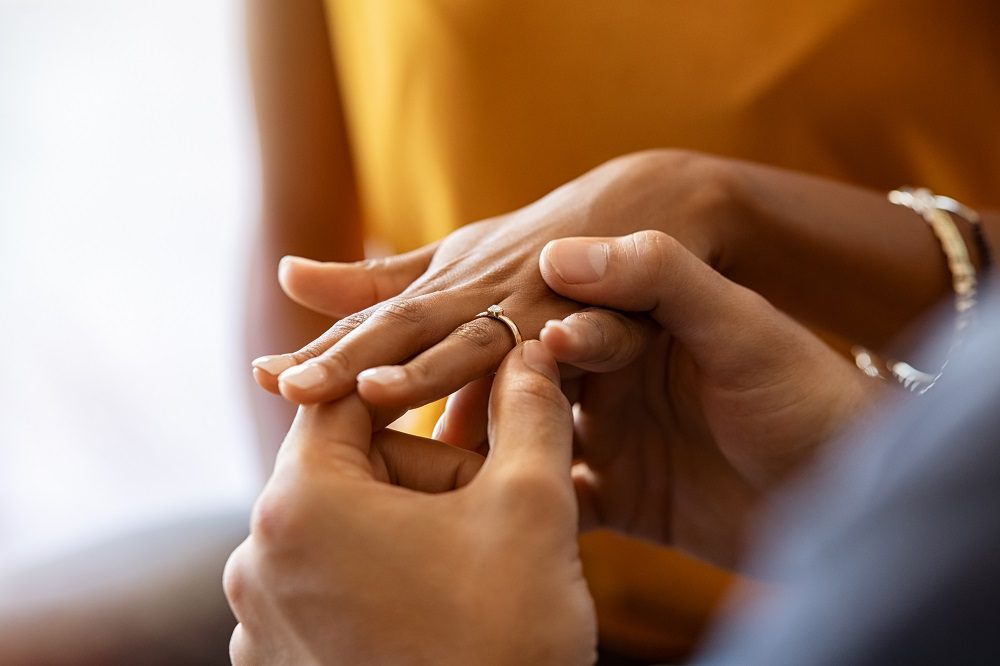
It makes them feel good.
There’s a recent study published in the Journal of the National Library of Medicine that proved that dopamine (our beloved happy hormone) is made as a response to positive motivation. Giving tiny compliments to your partner every day will help develop a stronger sense of reward, which is also known as positive motivation, and will also trigger the production of dopamine, which is what makes us feel good.
You will enhance a certain sense of satisfaction and excitement, which will help you get a positive outlook on everyday life and make better decisions together. However, the thing with compliments is that they need to be reciprocated, so you both need to do this in order for it to work.
It helps you overcome life’s challenges.
Appreciation is probably the most important component of all relationships, including those we have with our spouses, partners, and friends. It is directly linked to our desire to cooperate and work together with others around us.
When we have to face something difficult, it helps to know that we are deeply valued and cared for. It will make it much easier for us to overcome any obstacles and challenges we might encounter. Giving tiny compliments every day will reinforce your partner’s self-confidence because nothing compares to being valued and appreciated when you’re going through something.










Leave a Reply